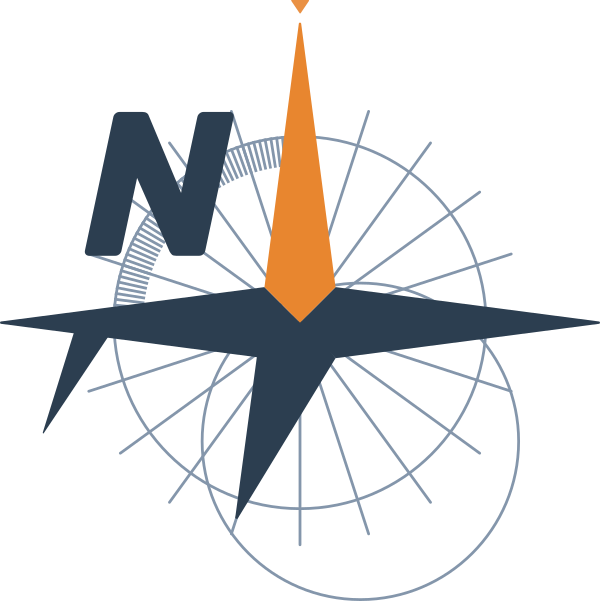Hello and welcome!
We are three PhD students from Universidad Politécnica de Madrid (Polytechnic University of Madrid).
My name is Javier Capel. I’m an aeronautical engineer from Universidad Politécnica de Madrid. My work involves computational methods, specifically computational fluid dynamics. As part of my thesis, I’m working on enhancing turbulence models using machine learning tools, all powered by Python.
My name is Antonio Medina. I’m a naval architect from Universidad Politécnica de Madrid. My expertise lies in experimental campaigns and data processing, particularly in floating systems. I develop various applications to compute the results of experimental campaigns. I use Python daily for my PhD, where I apply machine learning tools to predict the response of floating offshore wind turbines.
Hi, I’m Andrés Pastor Sánchez, also a naval architect from Universidad Politécnica de Madrid. I’m passionate about Python programming. I’ve been working on developing some Python libraries, and my thesis is about creating a digital twin that involves machine-learning models to enhance predictions and simulations.
Together, we are excited to bring you our comprehensive Python programming course. It is designed for beginners and covers everything you need to start coding in Python.
We’ll begin with an introduction to Google Colab, a powerful and user-friendly online coding environment. We’ll then explore the popularity of Python, its basic syntax, and core data structures to learn about control flow, functions, classes, and file handling. You will also delve into models which are essential for organizing your code.
Finally, you will work on a Capstone project that utilizes a vast dataset of parametrized hull geometries. You will learn to manage big data and compute various quantities of interest, applying stability theory and fluid dynamics.
By the end of this course, you’ll have a solid foundation in Python programming and be ready to tackle more advanced topics.
We can’t wait to share our knowledge and help you in your journey to become a proficient Python programmer!
See you in the course! See you soon!

